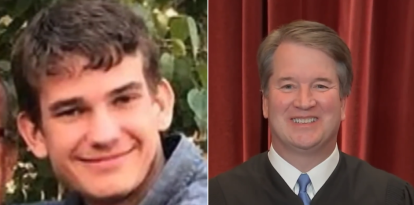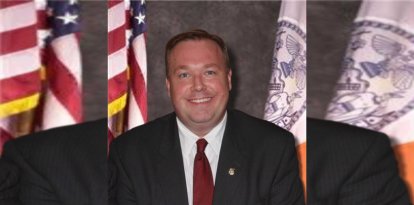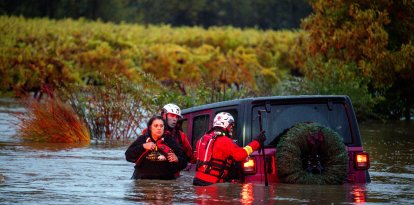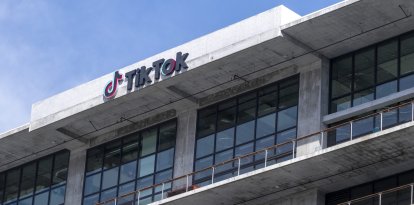New business for Mexican cartels? CBP One appointments in the crosshairs
Criminal organizations could be taking advantage of a flaw in the Border Patrol's application system to sell appointments needed to enter the United States.
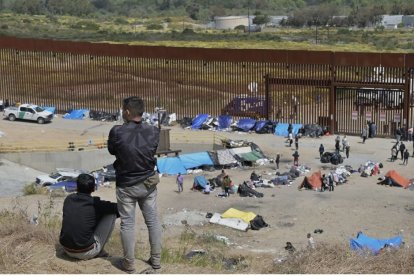
(Cordon Press)
Mexican cartels could be profiting from the Border Patrol appointment application introduced this year by the Biden Administration. This is according to a Washington Examiner exclusive, which claims to have accessed internal Department of Homeland Security (DHS) documents.
The CBP One application has become essential for those wishing to immigrate to the United States from Mexico. As the Border Patrol website states, it allows "Noncitizens located in Central or Northern Mexico who intend to travel to the United States to submit information in advance and schedule an appointment to present themselves at land ports of entry on the Southwest Border."
According to the Examiner, organized crime groups are using the app's geographic limitations -- having to be in "Central or Northern Mexico" -- to add another service to their catalog: selling appointments to people outside of these geographic limitations. To do this, they would use a VPN (virtual private network), which would trick the application by pretending that the device is on Mexican soil.
But CBP One would not only have become the ticket to the United States, but also to Mexico. Anna Giaritelli, reporter behind the information, claims that Mexico's National Migration Institute ordered its officers to allow immigrants coming from Guatemala to enter only if they had an appointment on the U.S. application. In this way, smugglers could sell access to both the United States and Mexico.
The analyzed documents would also reveal that this service is being openly advertised, with greater success in Haiti, Cuba and Honduras. Likewise, a DHS source reportedly stated that Alejandro Mayorkas, Secretary of the Department of Homeland Security, and Troy Miller, Senior Official Performing the Duties of the Commissioner for U.S. CBP, were concerned about this flaw, although they had not yet promoted any plan to solve it.
Erin Waters, a CBP spokeswoman contacted by the Examiner, denied the revelations.
RECOMMENDATION

